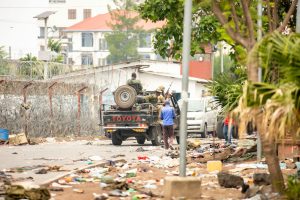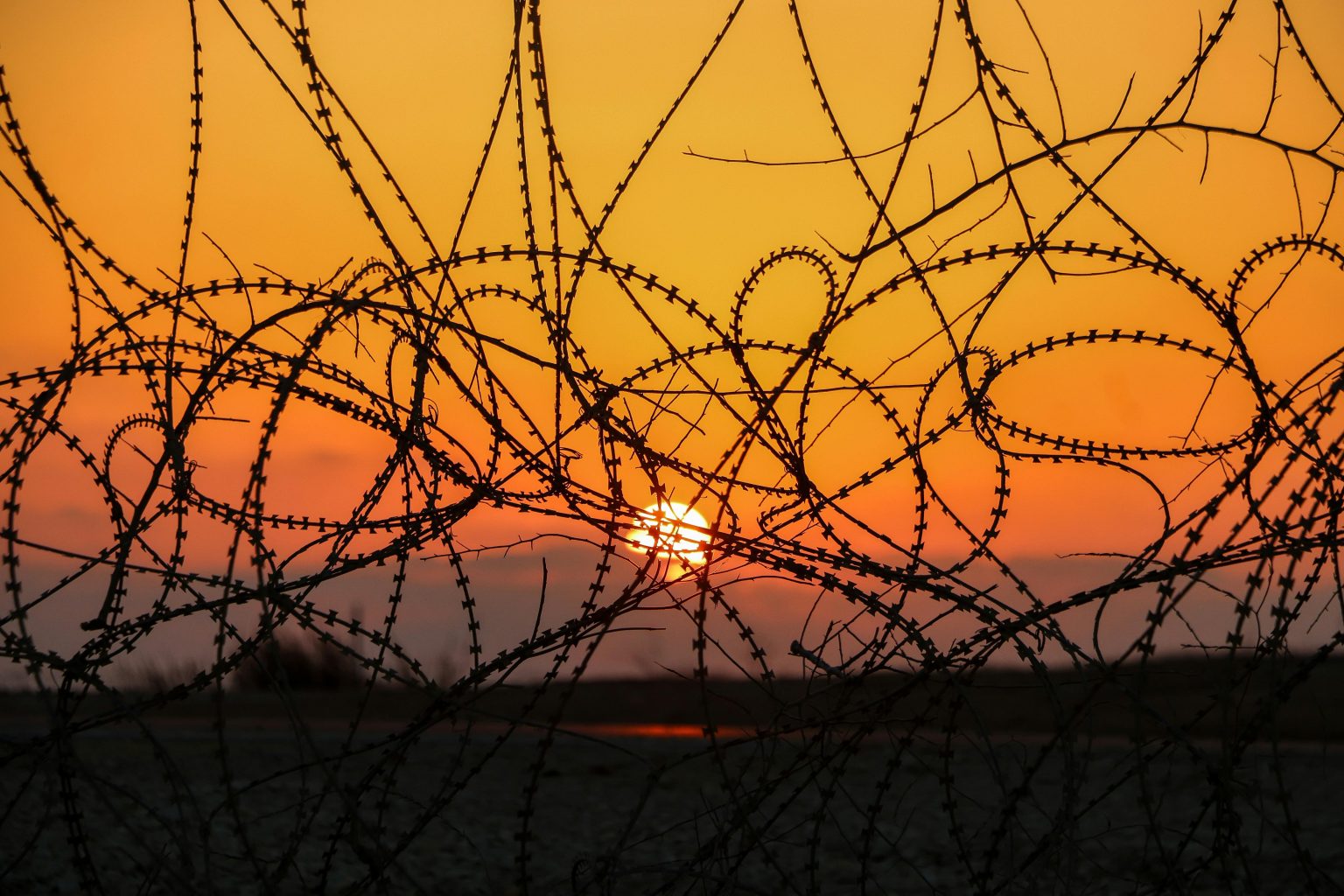Catalystas Consulting supported a well-renowned international peace and conflict NGO in conducting an external baseline study in Burkina Faso aimed at promoting compliance with International Humanitarian Law (IHL) among armed groups, while addressing critical humanitarian concerns such as food security and civilian protection. The project was initiated in response to the escalating conflict in Burkina Faso, exacerbated by the proliferation of armed groups, widespread displacement, and insecurity. Through structured data collection, field research, and direct engagement with armed groups and local communities, we assessed the knowledge and attitudes of key actors regarding IHL, and identified significant gaps in compliance, access to information, and barriers to IHL adherence.

Since 2016, Burkina Faso has been plagued by increasing violence driven by jihadist armed groups like the Group for the Support of Islam and Muslims (GSIM) and the Islamic State in the Greater Sahara (EIGS). These groups have targeted both security forces and civilians, leading to an urgent humanitarian crisis. Nearly two million people—approximately 10% of the population—have been displaced, while food insecurity, lack of access to water, health services, and education have worsened. In this context, self-defense militias such as the Koglweogo and Dozo groups have emerged, with varying degrees of involvement in both combat and protection of local populations.
Recognizing the urgent need to promote IHL among armed actors, our client, a leading peace and conflict-focused NGO, engaged Catalystas Consulting in 2022 to conduct a baseline study on knowledge and compliance with IHL among both self-defense militias and other armed groups. The study sought to bridge gaps in understanding and foster dialogue on civilian protection, food security, and humanitarian principles.
The baseline study was structured in three phases:
Our study revealed several critical findings related to IHL compliance and humanitarian concerns:
Barriers to Information Access: Language disparities were a significant barrier to effective communication. Many communities lacked access to crucial humanitarian information due to language limitations. Additionally, security concerns and poor connectivity in rural areas further hindered the dissemination of IHL-related content.

Our field mission involved engaging with a wide range of stakeholders. Government officials were often inaccessible due to political constraints, while self-defense militias demonstrated a strong willingness to engage. Civilian communities showed varying levels of receptiveness—some were eager to collaborate, while others were skeptical due to previous unmet expectations from humanitarian initiatives.
Self-defense groups, such as the Koglweogo and Dozo militias, were actively engaged in local security efforts. They reported conducting patrols, escorting food supplies, and mediating disputes to prevent food shortages. Despite their positive contributions, these groups expressed frustration over being excluded from formal humanitarian training programs, underscoring the need for more inclusive and adaptive engagement strategies.
The research demonstrated that there is significant potential for constructive engagement with armed groups on IHL compliance. Key recommendations for future interventions include:
This study provides valuable insights for improving IHL compliance in conflict zones, reinforcing the importance of a flexible, culturally sensitive approach to humanitarian engagement. By integrating these lessons into future initiatives, humanitarian organizations can better address the evolving challenges in conflict-affected regions and work toward more effective civilian protection.
Amélie is a French-Canadian strategic development consultant with over 15 years of international experience on all continents, with the past six years focused on Asia Pacific and East Africa. Former social entrepreneur, regional NGO exec, researcher and lawyer-by-trade among other titles; she is a diverse professional currently based in Nairobi, Kenya. Amélie has worked in consulting on and off for 11 years across a range of industries and sectors, and has notably provided multiple market penetration and M&E analysis services, as well as risk assessments on the topics of forced labor and child labor in supply chains in Africa and in Asia.
Amélie completed her law degree in Quebec, Canada, and holds a Masters in International Law gained in Beijing, China. She has worked with organizations including the Thomson Reuters Foundation as Asia Pacific Manager (2019-2021), where she managed a portfolio of 250+ human rights research and advisory projects, prior to which she co-founded a social enterprise in the renewable energy sector in Rwanda, on the border of the DRC.
Amélie is proud to dedicate her time to driving social change through economic development and sustainable growth projects concretely in Southeast Asia and East Africa, and globally virtually. Amelie loves travelling, eating, and getting out of her comfort zone.
We built Lysta as an answer to one of our own problems: the need to quickly assemble teams of experts across various subject matter, geographic, linguistic, and thematic areas for projects and proposals as they arise. We quickly realized that we were not the only ones facing this challenge! With the speed that development projects require hiring, turnaround, and technical insights, we see first hand how helpful it is to have a ready-made database of vetted experts to call on.
For existing and potential Clients, you can access all consultant full profiles by signing up here as a client for free.
For consultants, adding your profile to Lysta means jumping to the top of the list for our clients in recruitment processes. We do the heavy lifting: the CV reviews, interviews, vetting, and personnel management; so when our clients come to us, they know they’re hiring someone they can trust to deliver high quality, timely results. Click here to add your profile for review.
We’re proud to be a link in the chain that connects the best of the best – don’t hesitate to reach out and see how you can put Lysta to work for you!